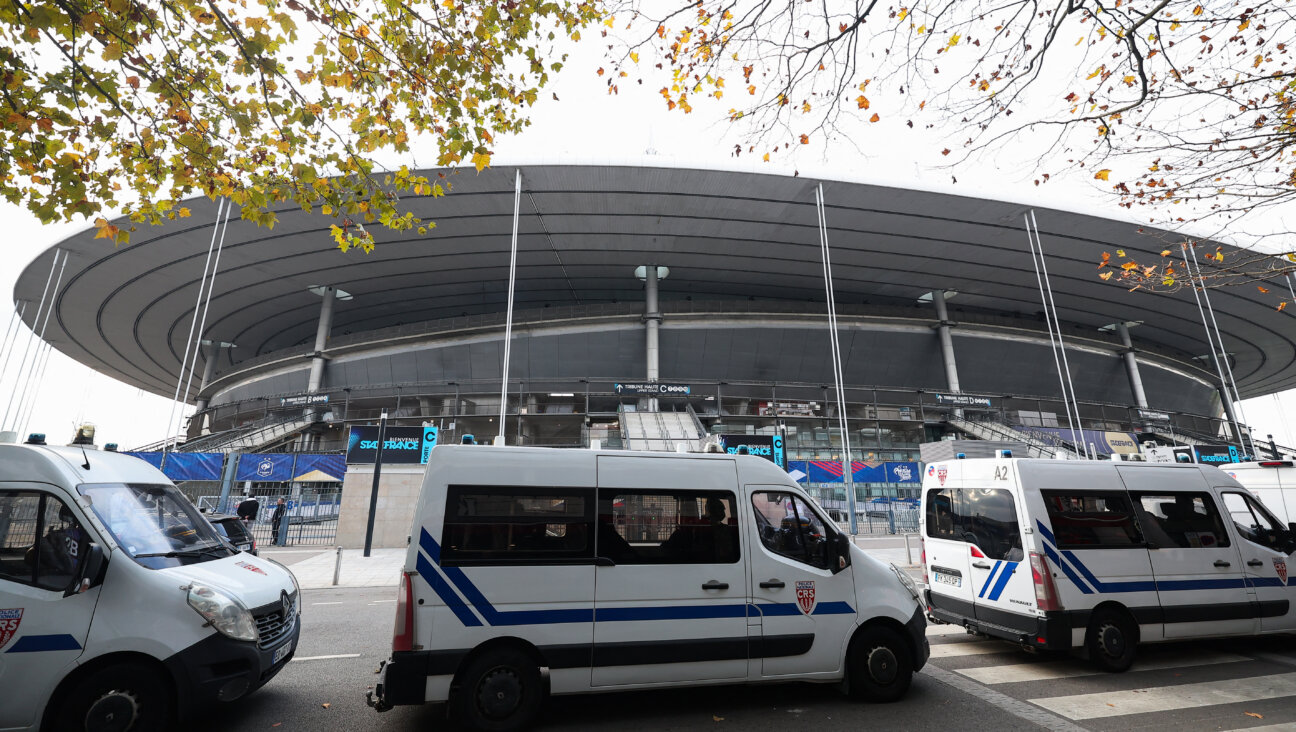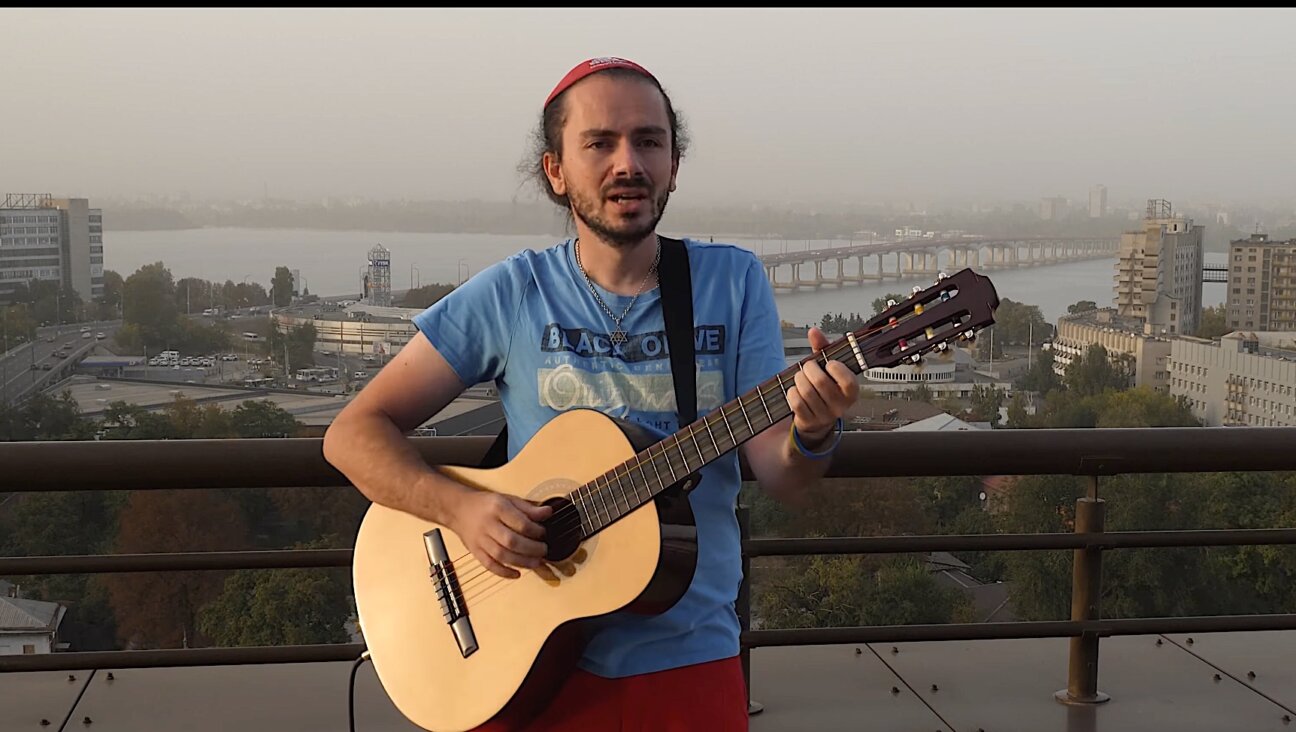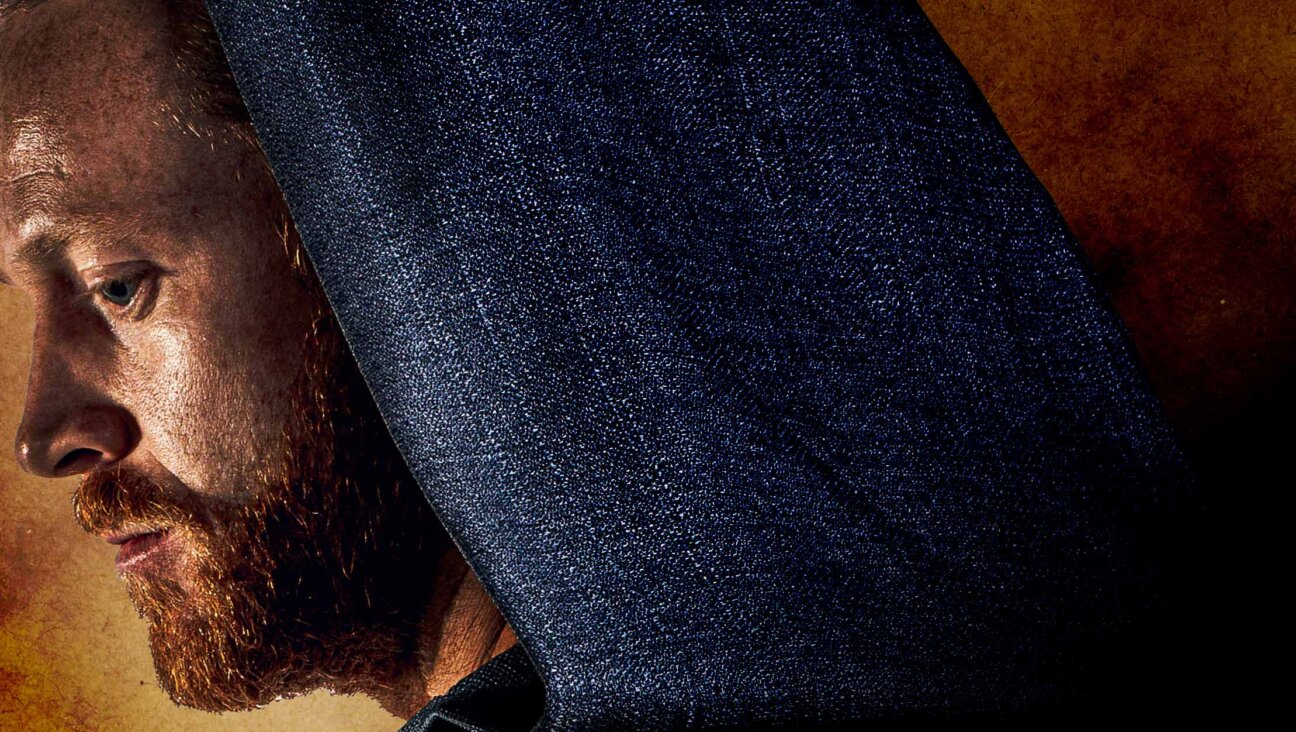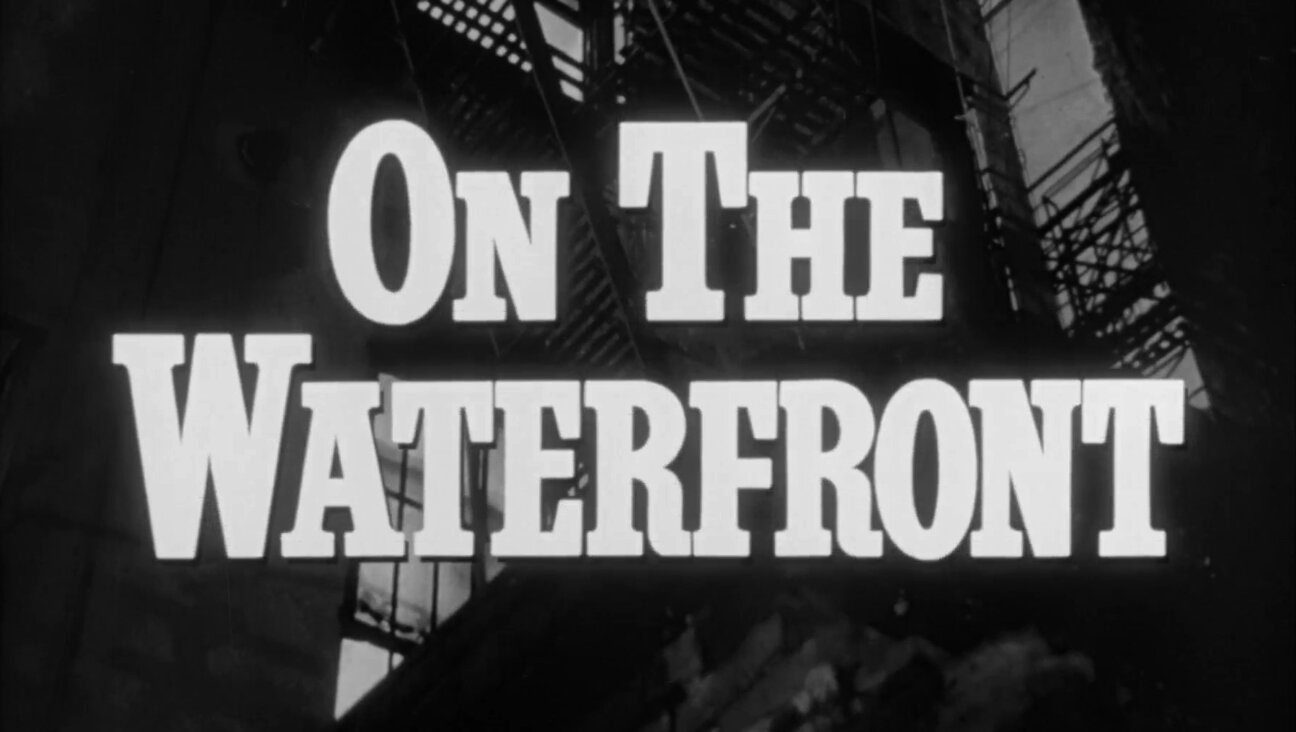Remembering Tomorrow
Memory, as the scholar Yosef Hayim Yerushalmi once elegantly taught us, is different from history. History is, as far as we can make it so, a record of what happened. True, anything that happens is susceptible to a variety of interpretations, and the Sergeant Friday approach to history — “Just the facts, Ma’am” — is hardly an adequate way of clarifying things. Indeed, there is no such thing as “just the facts,” since we must always be selective in the facts we decide to report.
But memory is something else again. Memory is born in part of tradition, in part of desire, in part of a wisdom that transcends “the facts.” (Yes, and sometimes of obsession, and sometimes of neurosis, and sometimes of mirage.)
Which brings me to the matter of Jewish memory. People can and do argue about whether there ever was, as a matter of fact, an Exodus from Egypt, or a revelation at Sinai, or before that, an Abraham, a Sarah, a Joseph and then a Moses and a Miriam and so forth. But whether or not these things happened and these people existed, we remember them. And what matters most about such memory is not its accuracy but the uses to which it is put.
But that doesn’t mean that memory is optional, a kind of interior decoration we choose for our lives. Of course, it is not. Memory is handed down, more or less intact, from generation to generation. Jews have, collectively, an extraordinary memory, a memory that verges on the overcrowded. We remember the long ago and far away events, narrated in our scared texts, alluded to in our liturgy, transmitted in our schools and by our holidays (most of which explicitly connect to our history). And we remember the closer events — the Holocaust and the birth of Israel especially, but also the Soviet Jewry movement, the saga of Ethiopian Jews, the astonishing story of America’s Jews. One day, perhaps, these last will be embedded in tradition, associated with specified rituals, as Holocaust Remembrance Day and Israel Independence Day have begun to be.
But here is the truly distinctive feature of Jewish memory: It is not just yesterday we remember; it is also tomorrow.
Surely were that not so, we’d not have found the strength to go on, to persist. While there are remembered moments of spectacular triumph in our past, Jewish memory is weighted down by sorrow. Never mind that that distorts the balance; that is simply how it is. Salo Baron used to call this “the lachrymose theory of Jewish history” and Simon Rawidowicz lamented our conception of ourselves as “the ever-dying people.” But however much they may have had history on their side, popular memory veered off in its own willful direction.
The idea of remembering tomorrow is not just a rhetorical eye-catcher. Where memory is restricted to yesterday, it becomes stale, tasteless, ultimately pointless. At best, it plunges us into nostalgia; at worst, into despair. To what productive use can such memory be put, of what benefit to us can it be?
One answer, offered by Arnold Eisen of Stanford University: “We stand between redemptions, as it were, looking back in order to look forward… Messianic hope would not be credible in the world as we know it were it not for the fact, rehearsed at Pesach, that the redemption has occurred.” So the purpose of remembering yesterday is to keep tomorrow alive.
I am less given to messianic hope than once I was. My tomorrow is not about messianic time, not about any sort of Utopia. (The literal meaning of “Utopia,” let us remember, is “no place.” Utopia is a fiction, not a faith.) As between prayer and politics, I lean heavily toward politics, and politics is not about messianic time, it is about getting to tomorrow without the guillotine, knowing that what we do is never going to be quite enough, often not even nearly enough. Along the way, even so short a way, we will stumble, we will fall — and then, spurred on by stubborn hope, we will pick ourselves up and resume the journey.
The oxygen of religion is not faith, it is hope, and the only rational foundation for hope is memory, the remembrance of both the adversity and the blessings. Hope not grounded in such memory is not merely idle; it is a hallucination.
And if, as we struggle to heal one or even a dozen of the hundreds, of the thousands and tens of thousands of our world’s fractures, we feel ourselves defeated, we have this controlling text to drive us on: “Thine is not to complete the task; neither art thou free to desist from it.”
But if suddenly the messiah appears, puts an end to history (the end of days), I shan’t complain. It’s just that waiting for the messiah or even praying for his advent is not a substitute for feeding the hungry child around the corner or putting an end to the bombs and the bullets that attest our failures, as all bullets and bombs do.
So if the messiah comes, I will do as the tradition instructs: I shall finish planting the tree before going to greet him.
We are taught: All of us — the living, the dead, the as yet unborn — were present at the revelation at Sinai. History versus memory: I do not believe there was a revelation at Sinai; I do believe that I was there. So, also, the Exodus from slavery to freedom — yesterday, and again tomorrow.
Leonard Fein is the author of “Against the Dying of the Light: A Parent’s Story of Love, Loss, and Hope” (Jewish Lights).
A message from our CEO & publisher Rachel Fishman Feddersen

I hope you appreciated this article. Before you go, I’d like to ask you to please support the Forward’s award-winning, nonprofit journalism during this critical time.
At a time when other newsrooms are closing or cutting back, the Forward has removed its paywall and invested additional resources to report on the ground from Israel and around the U.S. on the impact of the war, rising antisemitism and polarized discourse.
Readers like you make it all possible. Support our work by becoming a Forward Member and connect with our journalism and your community.
— Rachel Fishman Feddersen, Publisher and CEO























